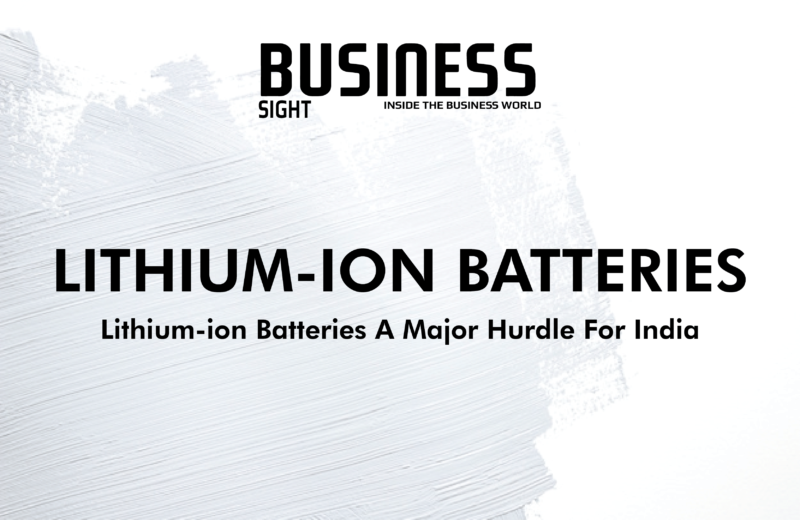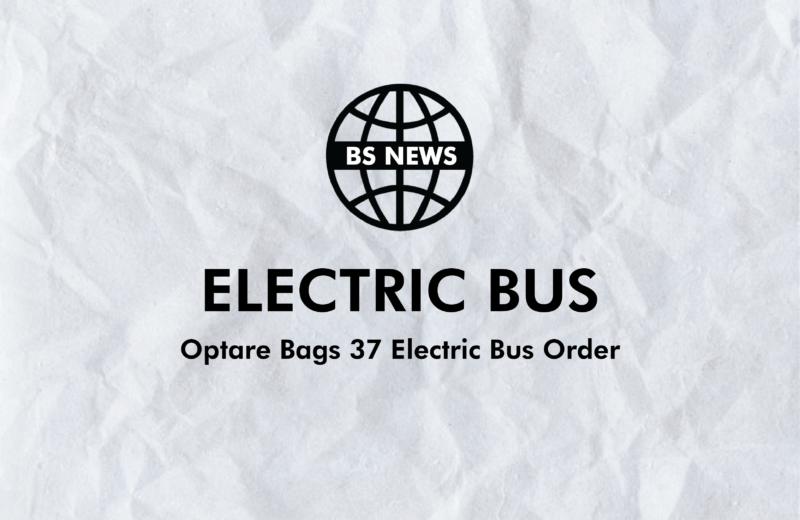To address the climate change issue, India is pushing Electric Vehicle manufacturing. Various policies are employed to become a global hub for making electric vehicles. Unfortunately, India’s ambition has a major hurdle in its way of becoming a global hub: its lack of access to lithium.
India is home to some of the most polluted cities on the planet hence, it is pivoting towards new energy vehicles to clear the toxic air. however, the meager resources of lithium which are essential to make batteries for electric vehicles are proving to a hurdle. The material needs to be imported from overseas. India’s EV production will rely on imports from China of lithium chemicals used to make cathodes and battery cells, according to Jasmeet Singh Kalsi, director at Manikaran Power Ltd., which is exploring setting up India’s first lithium refinery. “China has a thriving lithium chemical, battery cathode, battery cell and EV supply chain. India has none.”
Prime Minister Narendra Modi’s administration unveiled a slew of measures in 2019 to promote the clean-energy vehicles, including a $1.4 billion plan to make India a manufacturing hub for EVs and cutting taxes to spur purchases. While electric cars in India remain a small segment, with an estimated 3,000 sold in 2018 compared with the 3.4 million fossil fuel-powered cars in the same year. The nation is forecasted to become the fourth-largest market for EVs by 2040.
Several plans are being put forward to build lithium-ion battery factories in India meanwhile China – the largest electric vehicle market in the world is dominant in the battery supply chain. Around three-quarters of battery cell manufacturing capacity is in China, and Chinese companies have unparalleled control of required domestic and foreign battery raw materials and processing facilities, according to BNEF. China’s stronghold on the battery supply chain will make India import more of the batteries before the factories start manufacturing enough supplies to feed the Indian market domestically.
“Indian companies have been involved in trying to prospect for stakes in overseas resources, and possibly on-shoring more raw materials production capacity in India,” said Sophie Lu, head of metals and mining for BloombergNEF. “But there are very little synergies right now because further up the value chain, battery components manufacturing capacity does not seem to be planned extensively for India.”
A joint venture called Khanij Bidesh India Ltd. has been formed between three state-run companies – National Aluminium Co., Hindustan Copper Ltd., and Mineral Exploration Corp. to acquire lithium and cobalt mines overseas. Amara Raja Batteries Ltd., the country’s second-biggest traditional battery maker by value, will build a lithium-ion assembly plant, while Suzuki Motor Corp. along with Toshiba Corp. and Denso Corp. is setting up a lithium-ion battery manufacturing plant. Manikaran signed an agreement with Australia’s Neometals in June to jointly fund the evaluation of developing a lithium refinery in India with a capacity of 10,000 tons to 15,000 tons of the finished product. “That capacity falls short of India’s projected requirement of 200,000 tons of lithium hydroxide by 2030,” Kalsi said. “Electric vehicles are slowly going to take off, not with the speed the government perceives it to be, but going ahead the market is going to get pretty huge,” he added.

















